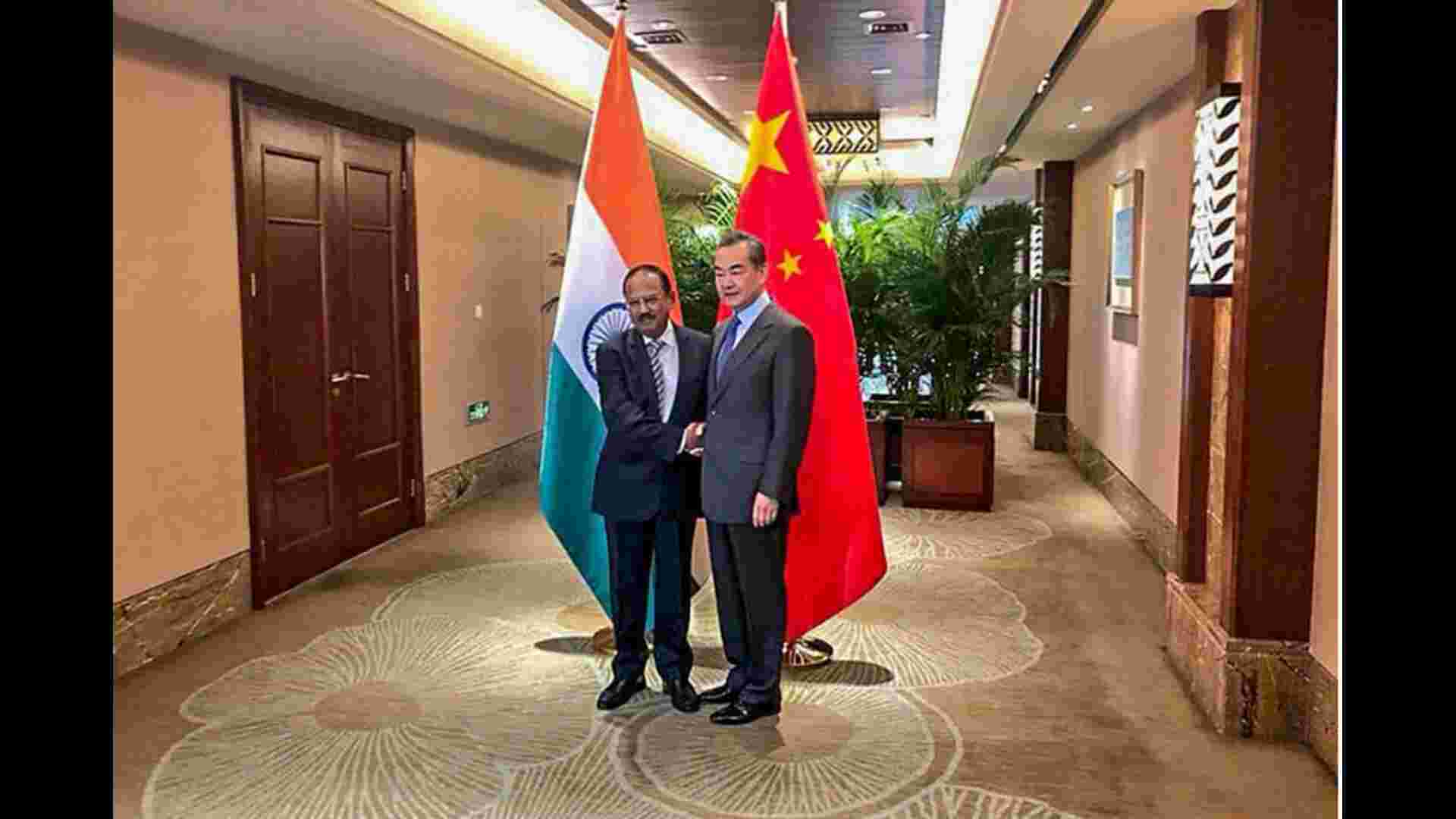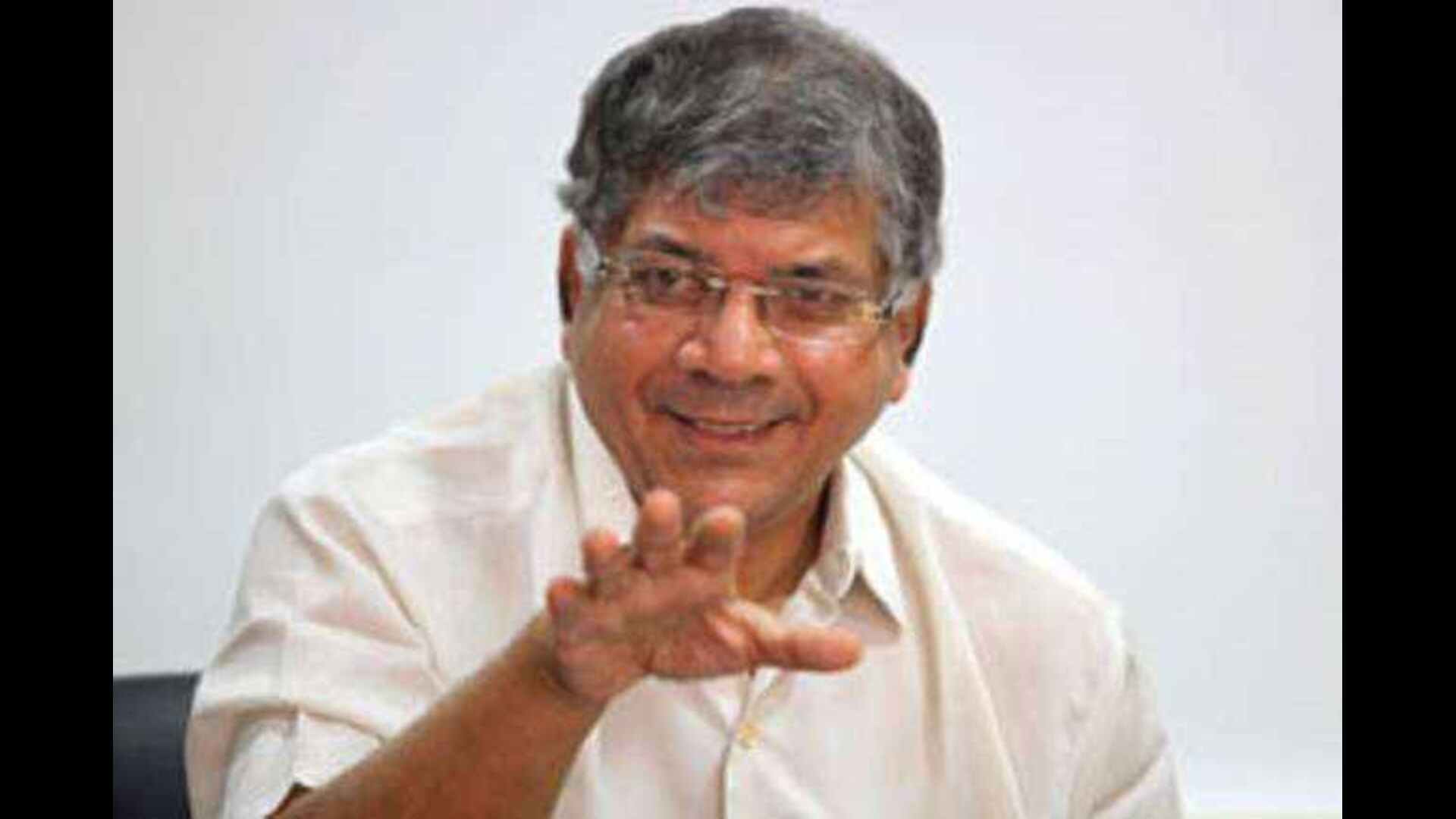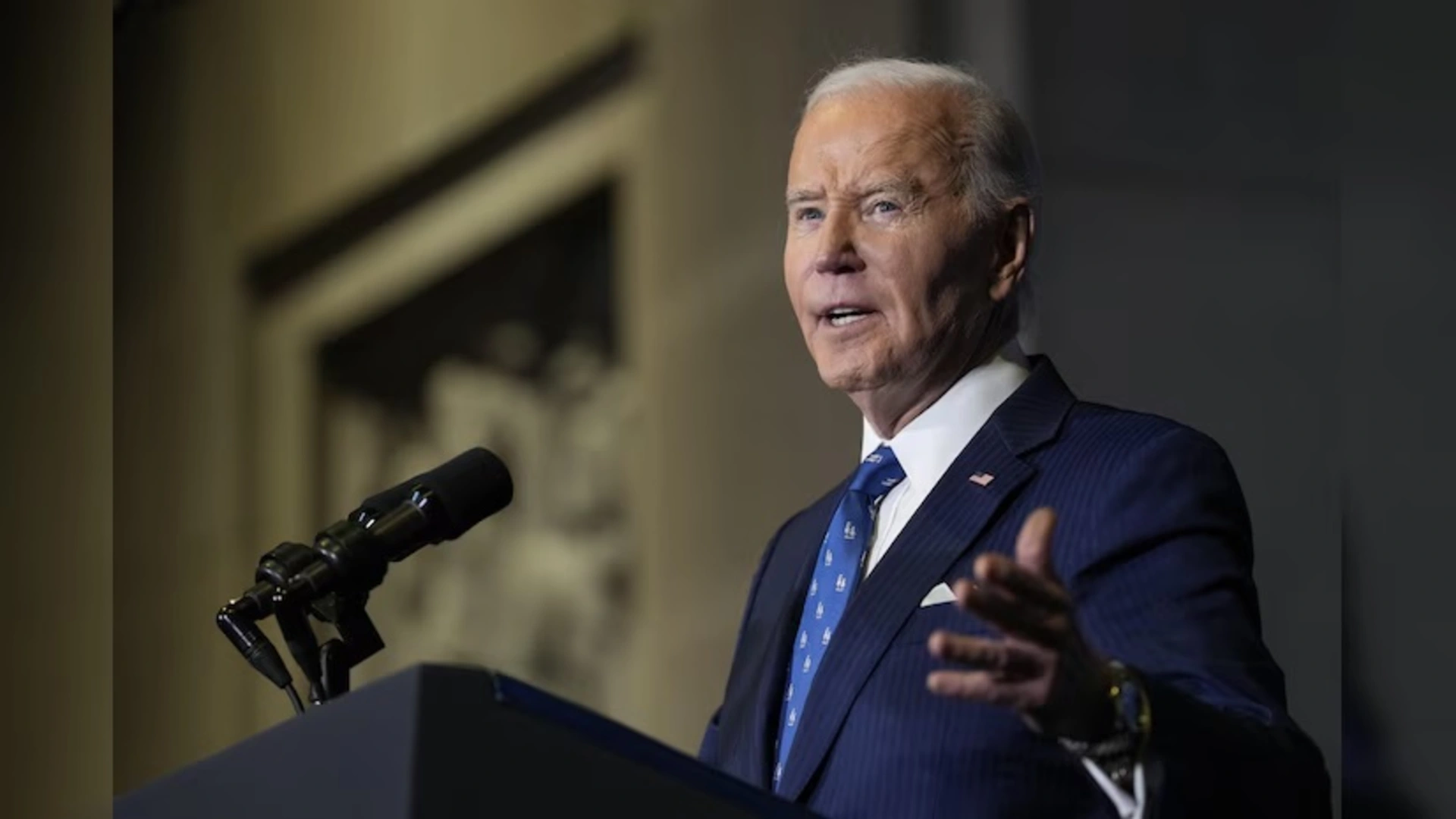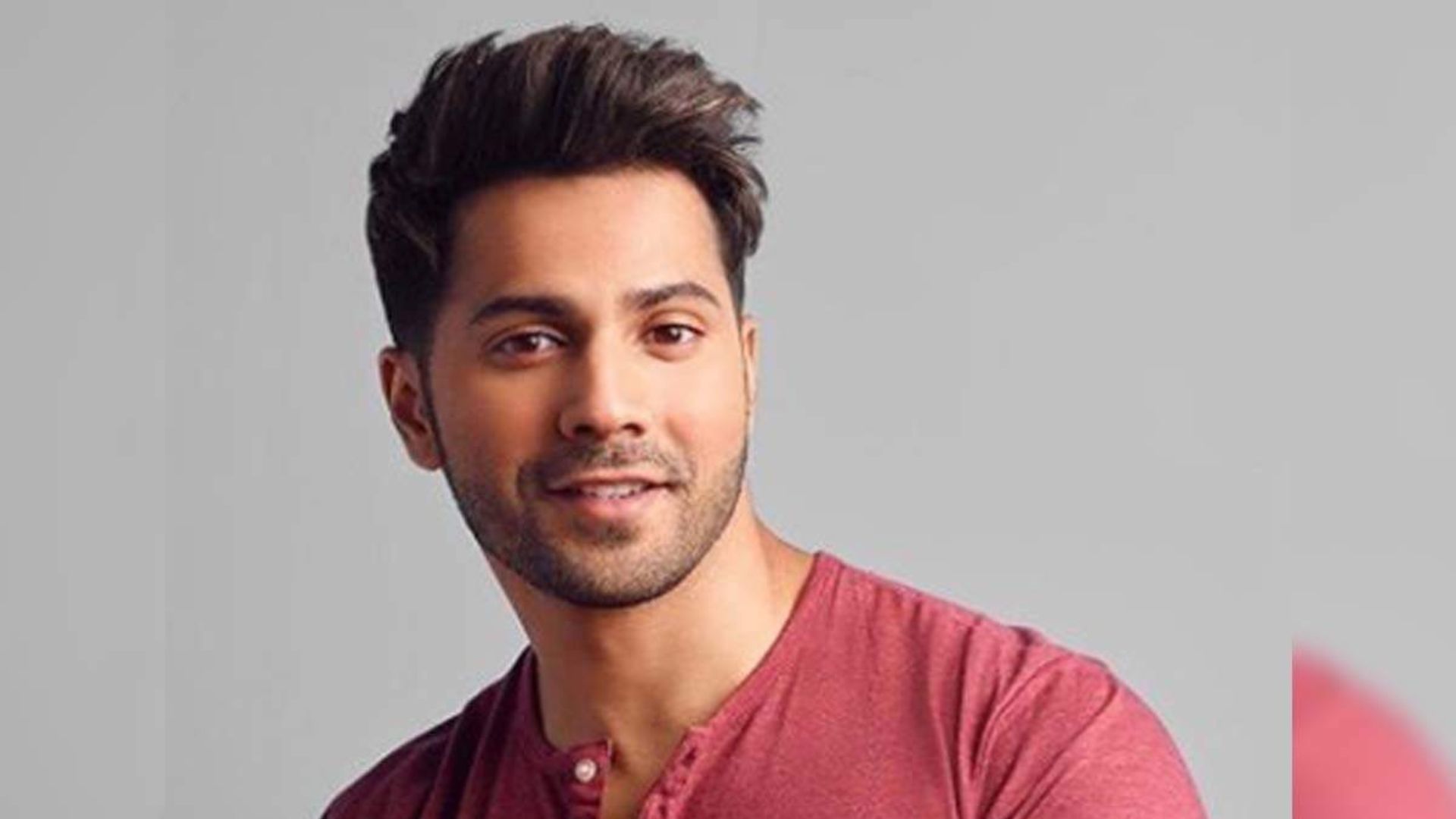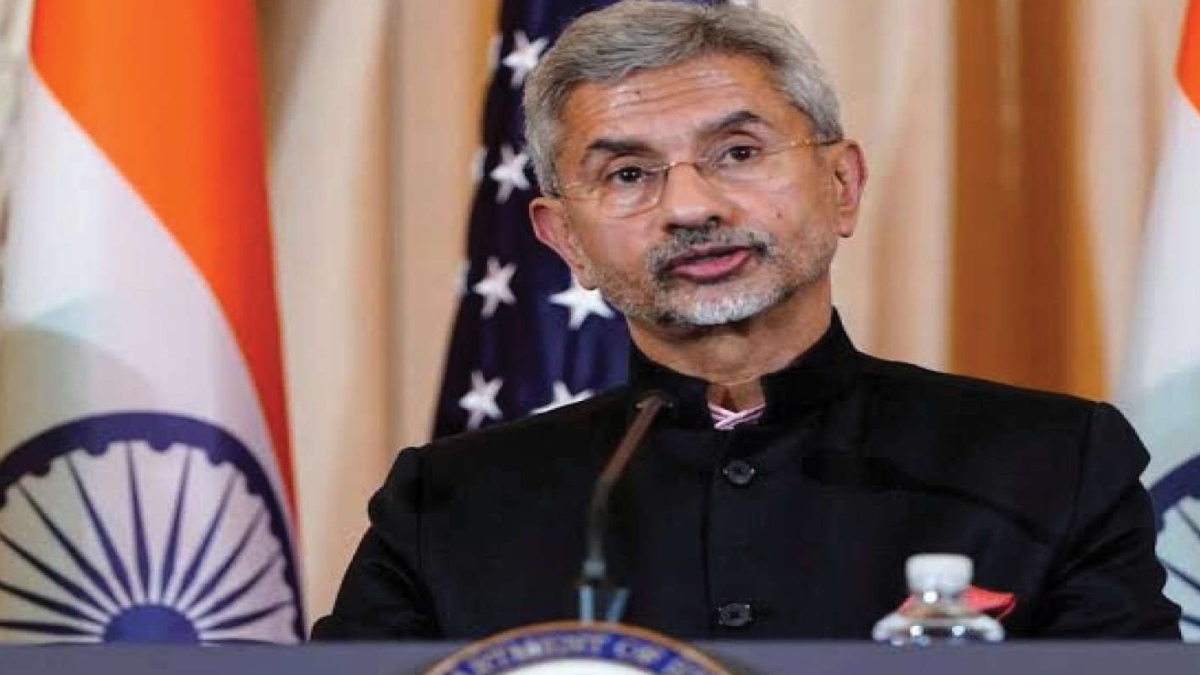
Dr S. Jaishankar, Minister of External Affairs, Government of India, said India attaches the utmost priority to its relationship with Africa. The Minister was speaking at the Inaugural Session of the 16th CII EXIM Bank Digital Conclave on India-Africa Project Partnership being organised by the Confederation of Indian Industry and the Ministry of External Affairs over a virtual platform today
According to the Minister, 4 areas should become the focus of India – Africa collaborations. These include Public Health, Digital Delivery, Skilling and Capacity Building and Green Economy.
Referring to Prime Minister Narendra Modi’s ‘One Earth, One Health’ vision, Dr Jaishankar said India is deeply committed toward strengthening the global supply of medicines and vaccines to the world, and Africa would be a key beneficiary of the initiatives. Citing India’s thrust on data for development, he said that India will continue to support African countries to strengthen their e-governance models and delivery of key services through the digital platform, illustrated by initiatives such as the eVidyaBharti and eArogyaBharti that provide African countries access to tele-education and tele-medicine services delivered by leading Indian institutions.
Dr Jaishankar highlighted the potential of driving Indian investments in Africa’s skill development & training and education sector, as well as the clean energy sector.
General (Retd) Dr. C. G. D. N. Chiwenga, Vice President and Minister of Health and Child Care, Zimbabwe, acknowledged India’s pioneering role in the supply of essential drugs & pharmaceuticals to Africa over the years, and providing efficient and affordable healthcare facilities in India for people of Africa seeking medical treatment. He urged India to provide greater capacity building for Africa’s healthcare sector, and help boost the region’s pharmaceutical manufacturing sector, healthcare infrastructure and development of indigenous medicines. He called for expanding the India-Africa partnerships, to be buoyed by greater investments and infrastructure development in Africa, and cross-fertilisation of knowledge, skills and competencies.
Mr Slumber Tsogwane, Vice President, Botswana, reiterated the imperative for Indian industry to establish drugs & pharmaceutical production facilities in Africa and facilitate transfer of technology and R&D collaborations. He urged the Indian EXIM Bank to introduce innovative modules to promote Indian investments in infrastructure, financial services, industries, etc. He invited Indian companies to invest in solar energy plants in Botswana, to meet the country’s energy needs and to export power to other countries in the region.
Mr Alan Kyerematen, Minister of Trade and Industry, Ghana, called for focused attention on four areas of cooperation between India and Africa. These include Industrialisation, Science & Technology, and Innovation, SME Development, and leveraging the Africa Continental Free Trade Area (AfCFTA). Speaking about Africa’s industrialisation, Mr Kyerematen urged Indian industry to play a catalytic role in boosting the continent’s industrial development through investments, that will also create gainful employment for the growing young population of Africa. He called for strategic bilateral partnerships in the areas of science & technology, and MSME development – where India has demonstrated strident achievements. Mr Kyerematen said that with the AfCFTA coming into effect, Indian companies setting up production facilities in any part of Africa will enjoy duty-free, quota-free market access across the continent.
Mr. T V Narendran, President, CII suggested that for Indian companies to play a greater role in Africa’s manufacturing renaissance, innovative financing of business and joint financing of projects through PPP will be important. He mentioned that in this fast-changing world, India and Africa must redouble their joint efforts to strengthen the food security, energy security and health security of people in both our regions.
According to Mr. Noel Tata, Chair, CII Africa Committee & Managing Director, Tata International, the signing of the Africa Continental Free Trade Area agreement by 54 of the 55 African countries will have a positive cascading impact on bilateral relations between India and Africa with value chains in areas such as textiles, pharmaceuticals, automotive, agro processing and information and communication technology.
Mr. Chandrajit Banerjee, Director General, CII, said that India and Africa are two of the most vibrant and dynamic economic entities today and our partnership across the Indian Ocean is natural. Our proximate geostrategic location bordering the Indian Ocean on two sides, demographic advantages, complementary natural resource profile, and the convergence of developmental agendas reinforce our historical ties.
Ms Harsha Bangari, Deputy Managing Director, India Exim Bank cited that 39% of Government of India supported Lines of Credit (LoC) are directed to Africa for infrastructure development, industrialisation, agriculture and agro-processing projects, etc.
An Exim Bank Report on’ India Africa Healthcare: Prospects and Opportunities’ was released in the session.
Referring to Prime Minister Narendra Modi’s ‘One Earth, One Health’ vision, Dr Jaishankar said that India is deeply committed toward strengthening the global supply of medicines and vaccines to the world, and Africa would be a key beneficiary of the initiatives.

